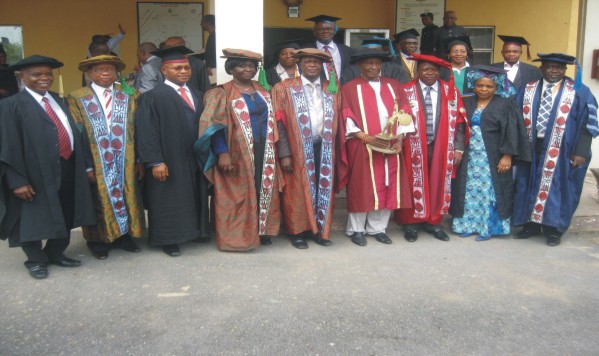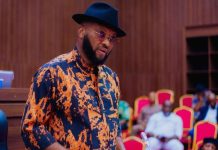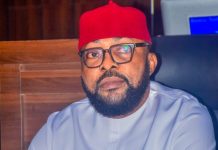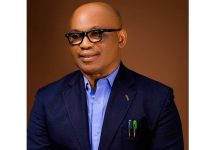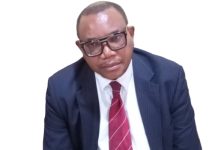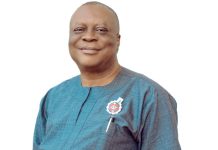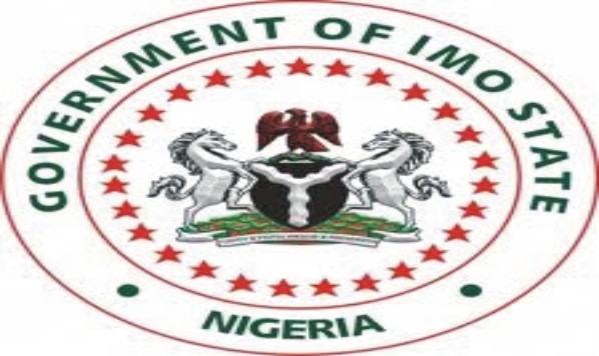Prof Jude Njoku, a former Vice Chancellor of the Federal University of Technology, Owerri, FUTO dazzled the teeming crowd of cerebral personalities that gathered at the Professor Onwuliri Memorial Conference Centre, as he delivered the FUTO First Foundation Lecture.
Njoku, a former Commissioner for Education in Imo State who spoke on the topic “Academic Research and Leadership: A Challenge” impressed the special Crowd of Academics with the pungent delivery of his Lecture in an area like “Research” which many see as “dry” yet the Professor of Agricultural Economics did justice to the topic.
He began by tracing the history of FUTO, for those who may be visiting the institution for the first time, and then delved into the topic of the day, which was punctuated at intervals with ovations.
The former Vice Chancellor divided the topic into parts which touched on various aspects of studies. He spoke on; Academic Research, which dwelt on Research Contributions, Agricultural Marketing, Marketing and Food, and Marketing of Cash or Export Crops.
The former Commissioner for Lands in Imo State went further to elaborate on Agricultural Financing, Food Demand Studies, The Special case of Meat and Rice, including Economics of Agricultural Production, Erosion Research and too many other sub-headings.
The Ngor Okpala born scholar of no mean repute while speaking on Leadership Experience described his emergence as Vice Chancellor of FUTO in August 2000 as “autonomy Vice-Chancellor” because he was appointed by the Governing Council, which later sent his name to Mr President for ratification.
Prof Njoku paid special tribute to the members of the Institution’s 6th Governing Council led by eminent Jurist Dr TC Osanakpo (SAN) “for the very transparent manner in which my appointment as Vice-Chancellor was processed”.
He declared that when he was announced as Vice-Chancellor of FUTO on August 2000, he promised to use his position to develop both the human and physical resources of the Institution, and was still proud of the enduring legacy he left behind after his tenure.

